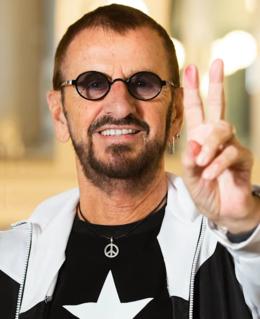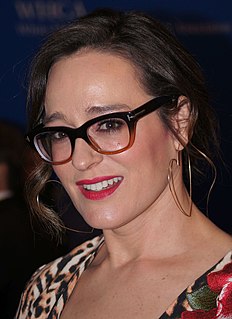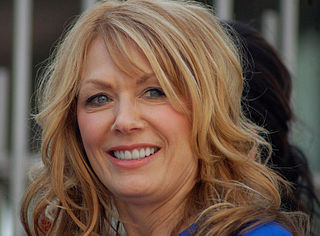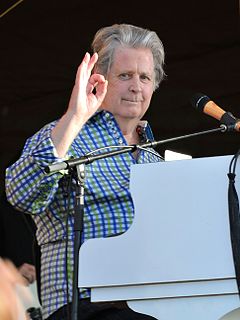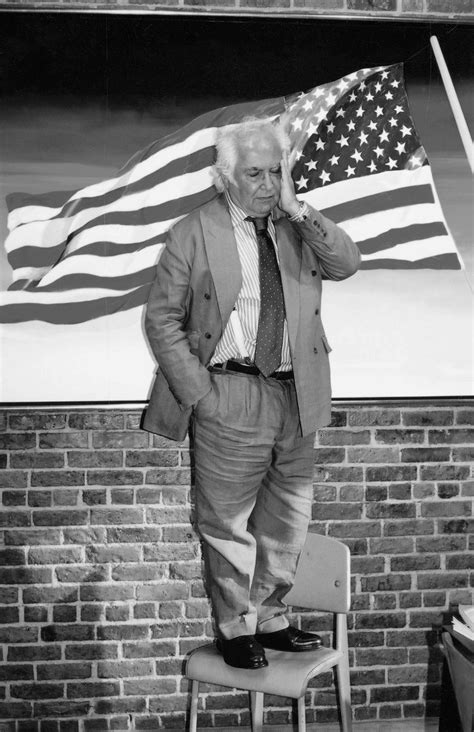A Quote by Eve Ensler
If you were around in the '60s, you already know that music and art and love are a critical part of the revolution. This is how we fight.
Related Quotes
A revolution is bloody. Revolution is hostile. Revolution knows no compromise. Revolution overturns and destroys everything that gets in its way. And you, sitting around here like a knot on the wall, saying, “I’m going to love these folks no matter how much they hate me.” No, you need a revolution. Whoever heard of a revolution where they lock arms, as Reverend Cleage was pointing out beautifully, singing “We Shall Overcome”? Just tell me. You don’t do that in a revolution. You don’t do any singing; you’re too busy swinging.
Let's make my birthday, July the 7th at noon, Peace and Love Day. Everybody go, 'Peace and love.' In the office, on the bus, wherever. It's still peace and love for me, I'm a product of the 60s and it was a very influential period in my life, and you know, my head was turned around a bit, my eyes were opened as it were. In fact, I even have it on my arm, 'Peace and love'. I see nothing wrong with peace and love.
There is no separate art of life. If you know how to allow poetry, if you know how to allow dance, if you know how to allow love - if you know how to ALLOW, then you know the art of life. In the allowing, in the let-go, in the surrender, is the art of life. How not to be and to let God be - that is the only art of life.
What I talked about in it was the idea of celebrity, and celebrities being treated like blacks were in the '60s, having no rights, and the fact that people can slander your name. I said that in the toast. And I had to say this in a position where I, from the art world, am marrying Kim. And how we're going to fight to raise the respect level for celebrities so that my daughter can live a more normal life. She didn't choose to be a celebrity. But she is. So I'm going to fight to make sure she has a better life.
In the 1960s when the recording studio suddenly really took off as a tool, it was the kids from art school who knew how to use it, not the kids from music school. Music students were all stuck in the notion of music as performance, ephemeral. Whereas for art students, music as painting? They knew how to do that.
For me, being Christian Armenian, born into the Islamic culture in Iran and then, at the age of 13, being sent to England and embracing the English culture and becoming part of so-called swinging London and the era of euphoria and celebration that the '60s represented is very critical. It was a moment when, for the first time, the business of internationalism was being effectively represented-in music, art, cinema, design. Before that, everything was directed toward the old industry, the old school, the old format, and there was no room for varieties to evolve.
There is not a revolution that succeeded in a few months. It takes years, even decades, to fulfill its goals. I am very hopeful because I trust the revolution and feel nobody can really conquer a nation that has decided to be united and to fight, and we decided to fight. The revolution is there, inside the Egyptians by the millions.


